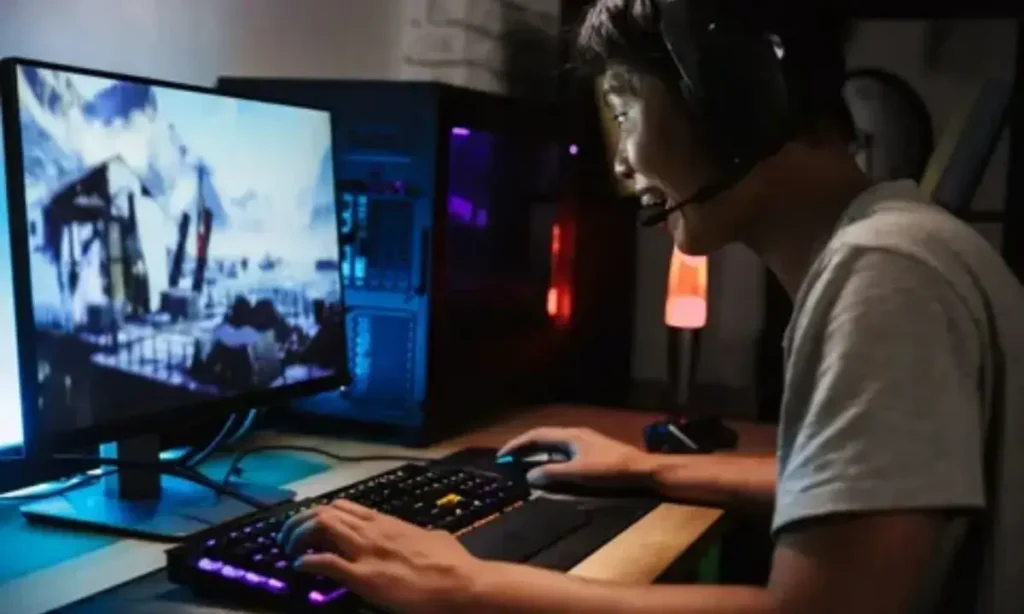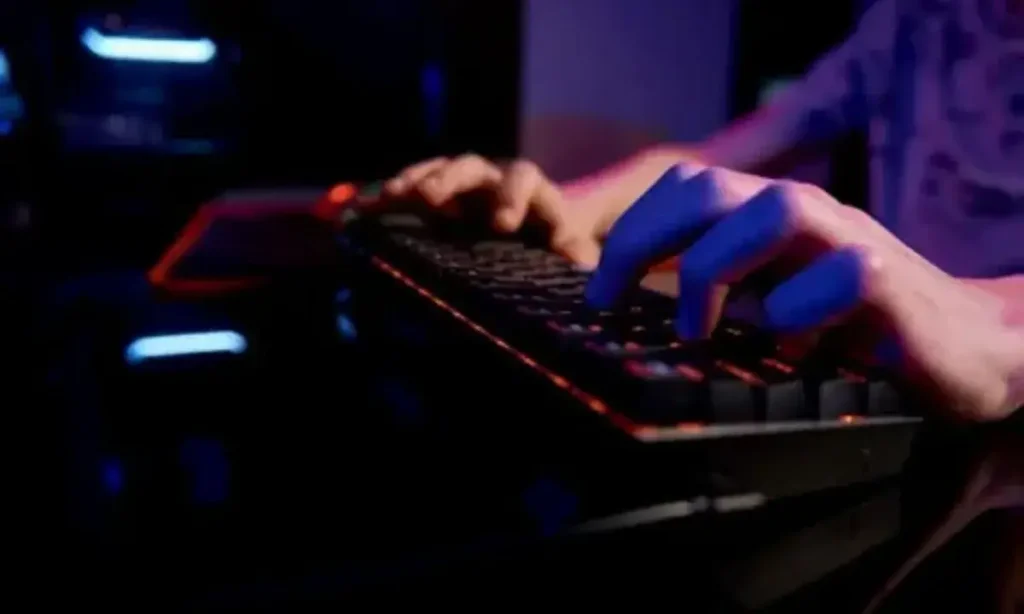Linux has come a long way from being a developer’s playground to a full-fledged gaming platform. PB Linux Gaming, known for its stability and lightweight performance, has become a favorite among gamers who want more control, fewer system hogs, and smooth gameplay without paying the “Windows tax.” But even on Linux, poorly configured systems, outdated drivers, and unnecessary background tasks can hold you back.
This guide gives you actionable tech hacks for PB Linux Gaming to squeeze every bit of performance out of your system. Whether you’re running AAA titles through Steam Proton, emulators with Lutris, or classics like Old School RuneScape, these tips will help you boost FPS, fix stutter, and enjoy buttery-smooth gameplay.
Table of Contents
Optimize Your System for Gaming
Linux performance starts with the foundation: your drivers, kernel, CPU settings, and memory management. PB Linux is already optimized compared to bloated operating systems, but there are still hacks you can apply.
Update and Configure GPU Drivers
Graphics drivers make or break gaming performance. Outdated or misconfigured ones lead to FPS drops, glitches, or even crashes.
- NVIDIA Users: Always install the proprietary NVIDIA driver rather than relying on the open-source nouveau driver. The proprietary driver provides support for Vulkan and CUDA, both critical for modern gaming.
- AMD Users: AMD’s open-source drivers are excellent. Ensure you have the latest Mesa drivers for Vulkan support.
- Intel Users: Intel’s integrated GPUs are supported out of the box, but installing the latest Mesa drivers still improves stability.
How to check driver version in PB Linux:
glxinfo | grep "OpenGL version"
nvidia-smi # for NVIDIA
Keeping drivers fresh means you can run the latest Proton builds with fewer issues.
Adjust Kernel and CPU Settings
PB Linux allows kernel customization, which gives you a serious edge. Gaming kernels like Liquorix or XanMod offer lower latency and better scheduling for graphics-heavy workloads.
- Low-Latency Kernel: Reduces input lag and improves responsiveness.
- CPU Governors: Use
performancemode instead ofpowersave.
sudo apt install cpupower
sudo cpupower frequency-set -g performance
This ensures your CPU runs at maximum frequency during games rather than scaling down mid-match.
Allocate RAM and Swap Efficiently
Linux memory management is powerful, but not always tuned for gaming.
- Enable zRAM to compress memory blocks, improving efficiency.
- Lower swappiness to prioritize RAM before swap.
This avoids FPS dips caused by the system unnecessarily swapping to disk.
Set Up Gaming Software the Right Way
Without the right tools, Linux gaming feels like juggling knives. Fortunately, PB Linux Gaming supports the essential software every gamer needs.
Install Gaming Platforms
- Steam with Proton GE: Steam Proton enables Windows games to run on Linux. Install ProtonUp-Qt to easily manage Proton GE builds.
- Lutris: Perfect for managing Blizzard, Epic, and GOG titles. It also helps with Wine-staging versions for compatibility.
- Feral GameMode: Automatically tweaks CPU governor, I/O priority, and GPU clocks while you play.
Configure Proton and Wine
Windows-only titles rely heavily on Proton and Wine. Tweaking them makes a massive difference.
- Enable DXVK and VKD3D for translating DirectX calls to Vulkan.
- Add custom Proton launch options for demanding games:
- Use MangoHud to monitor FPS, frame times, and GPU usage.
| Tool | Purpose | Command/Setup |
|---|---|---|
| DXVK | DirectX → Vulkan translation | Built into Proton |
| VKD3D | DirectX 12 → Vulkan | Built into Proton |
| MangoHud | Performance overlay | mangohud %command% |
| Proton GE | Custom Proton build | Install via ProtonUp |
Enable Controller and Peripheral Support
PB Linux Gaming supports controllers out of the box, but configuration matters.
- Use Steam Input for remapping buttons and enabling vibration.
- For latency-sensitive games, enable Xboxdrv or SC Controller.
Boost FPS with Simple Tweaks
Not every hack requires editing configs or diving into the terminal. Some small changes give big results.
Graphics Settings Adjustments
High graphics don’t always equal better gameplay. Sometimes, shaving off heavy effects gives you a smoother experience without killing immersion.
- Lower shadows and anti-aliasing first.
- Reduce resolution scaling instead of dropping native resolution.
- Use Vulkan instead of OpenGL whenever possible for a major FPS boost.
Disable Background Processes
PB Linux is lightweight, but background daemons still chew resources.
- Use
htopto spot CPU-hogging processes. - Disable unnecessary startup apps via system settings.
- Kill telemetry or update checks while gaming.
Network Optimizations for Online Games
Ping spikes ruin online matches. Network tuning is one of the most overlooked hacks.
- Adjust MTU size for your network adapter to minimize packet fragmentation.
- For competitive gaming, use wired Ethernet instead of Wi-Fi.
Fix Common Gaming Problems
Even with optimizations, you’ll run into issues. PB Linux Gaming has workarounds for nearly every common problem.
Stuttering and Input Lag
Screen tearing and lag destroy immersion.
- Enable FreeSync/G-Sync if supported by your monitor.
- Disable V-Sync in-game and enforce frame caps via MangoHud or GPU control tools.
- Use libstrangle to set frame caps per game.
Game Crashes and Compatibility Issues
Not every game is perfect out of the box on Linux.
- Check ProtonDB for user-submitted fixes.
- Review Proton logs (
~/.steam/steam/error.log). - If a game doesn’t launch on Proton 9, roll back to Proton 8.
Audio and Controller Bugs
Linux audio stacks can be finicky.
- Switch from PulseAudio to PipeWire for lower latency.
- Fix controller detection by remapping via Steam Input.
- For persistent audio crackling, disable real-time audio resampling.
Use PB Linux Gaming Community Tools
One of Linux gaming’s biggest advantages is community-driven support.
Community-Created Scripts and Configs
Gamers often share scripts that save hours of trial and error.
- GPU overclocking with GreenWithEnvy (NVIDIA) or CoreCtrl (AMD).
- Custom fan curves for cooling during long gaming sessions.
- GitHub repositories with auto-optimization scripts.
ProtonDB and Lutris Community Fixes
Thousands of Linux gamers post workarounds on ProtonDB.
- Look up your game’s rating (Gold, Platinum, Silver).
- Copy launch options and tweaks from other users.
- Lutris community configs automate Wine/Proton setup for tricky games.
Join PB Linux Gaming Forums and Discord
PB Linux has an active Discord and community forums. Benefits include:
- Early patches and testing builds.
- Real-time troubleshooting with other players.
- Sharing tweaks for niche games like OSRS or modded Skyrim.
Keep Your System Clean
Performance isn’t just about tweaks—it’s also about long-term maintenance.
Remove Unnecessary Packages
Old libraries and apps hog space and slow updates.
- Use
deborphanto find unused packages. - Install BleachBit for safe cleanup.
Cache and Shader Management
Old caches sometimes cause stutter.
- Delete outdated shader caches after major updates.
- Enable shader pre-caching in Steam for smoother gameplay.
Regular System Maintenance
System updates matter, but don’t break your setup by rushing.
- Enable automated security updates.
- Back up
.steamand.configfolders before major kernel upgrades. - Schedule weekly system maintenance.
Case Study: Boosting FPS on PB Linux Gaming
A PB Linux gamer running The Witcher 3 on Proton saw:
| Optimization Step | FPS Before | FPS After |
|---|---|---|
| Default Mesa Driver | 42 FPS | – |
| Updated to Mesa 24.x | – | 55 FPS |
| Enabled Feral GameMode | – | 60 FPS |
| Disabled Background Apps | – | 65 FPS |
Result: Nearly 55% performance gain with just a few tweaks.
Conclusion
PB Linux Gaming is one of the most efficient ways to enjoy games on Linux, but raw installs rarely deliver the best experience. By updating drivers, tuning your kernel, using Proton/Lutris effectively, and joining the community, you can unlock hidden performance and smooth out common issues.
The secret isn’t in throwing expensive hardware at the problem—it’s in mastering the tools and optimizations available to you. With these hacks, your PB Linux machine won’t just run games; it will run them smoother than most expect from a Linux system.
So dive in, tweak fearlessly, and enjoy gaming the way it was meant to be—fast, stable, and endlessly customizable.



